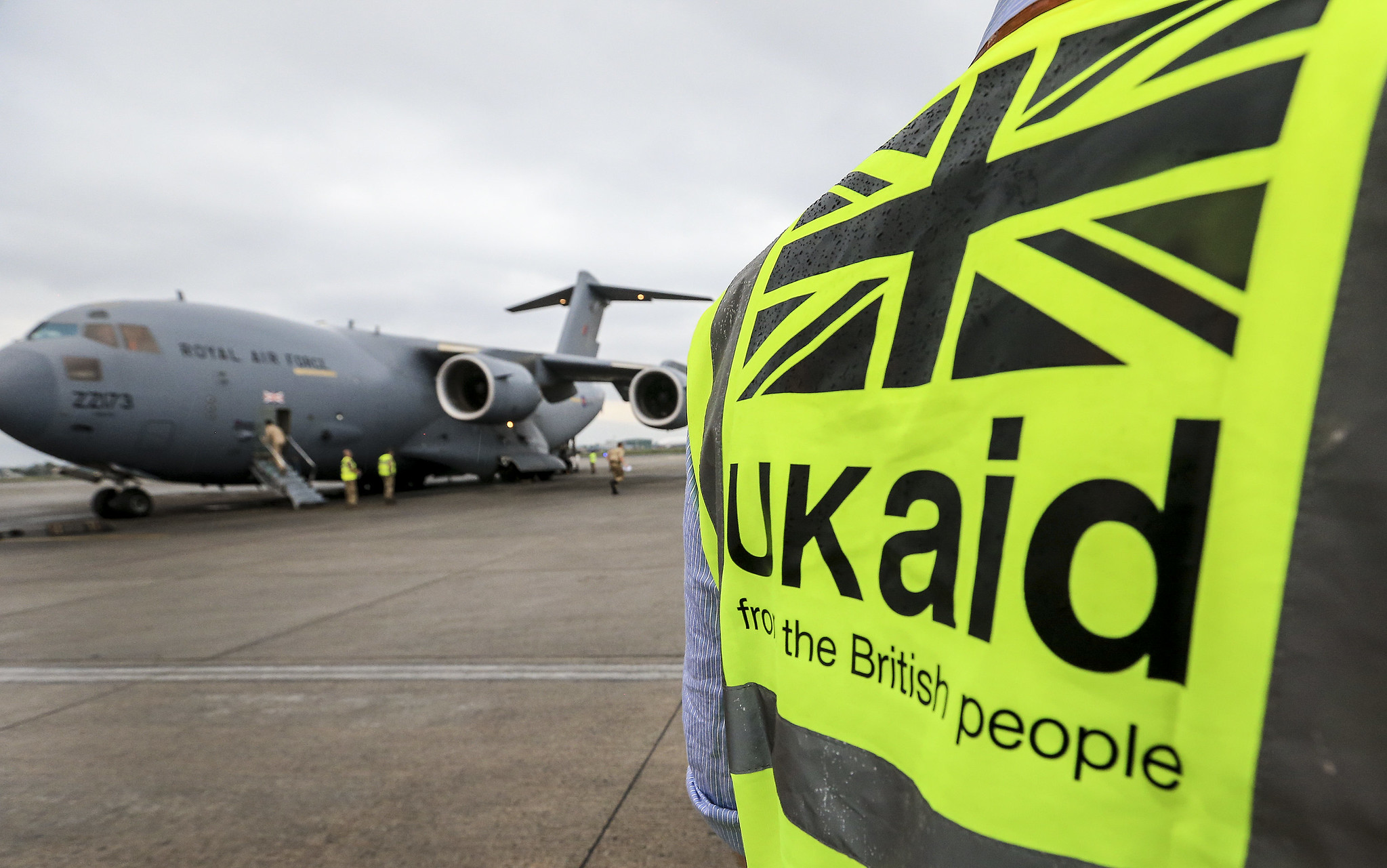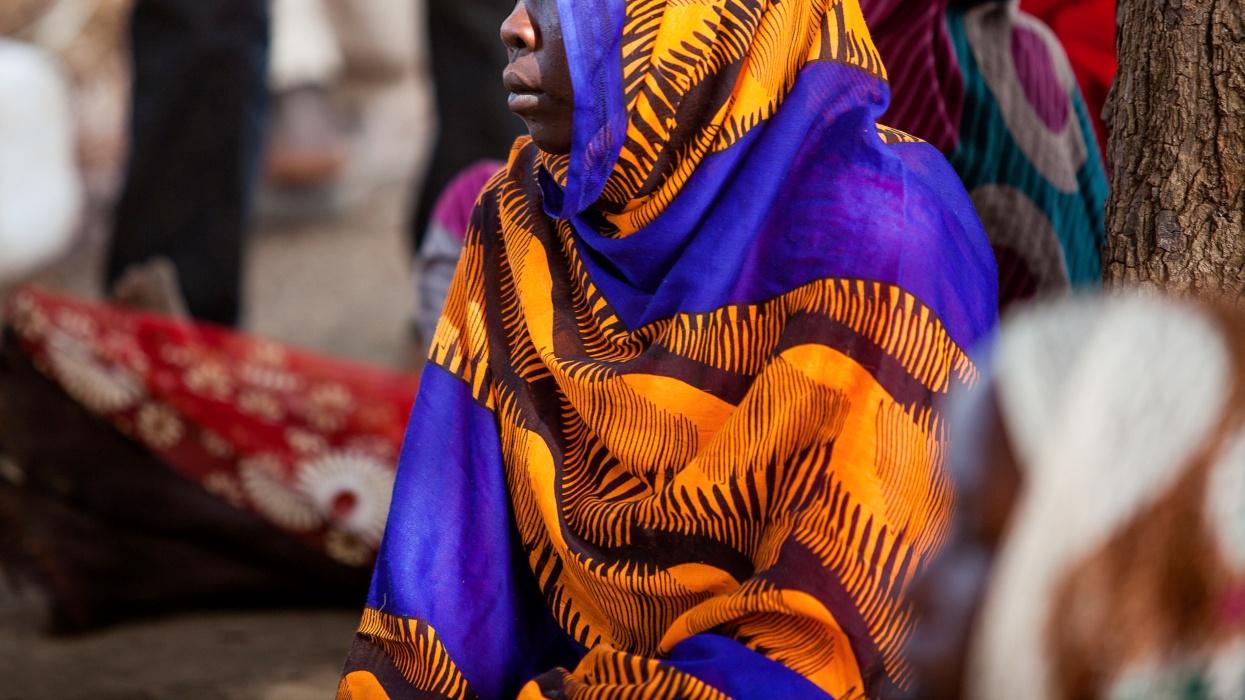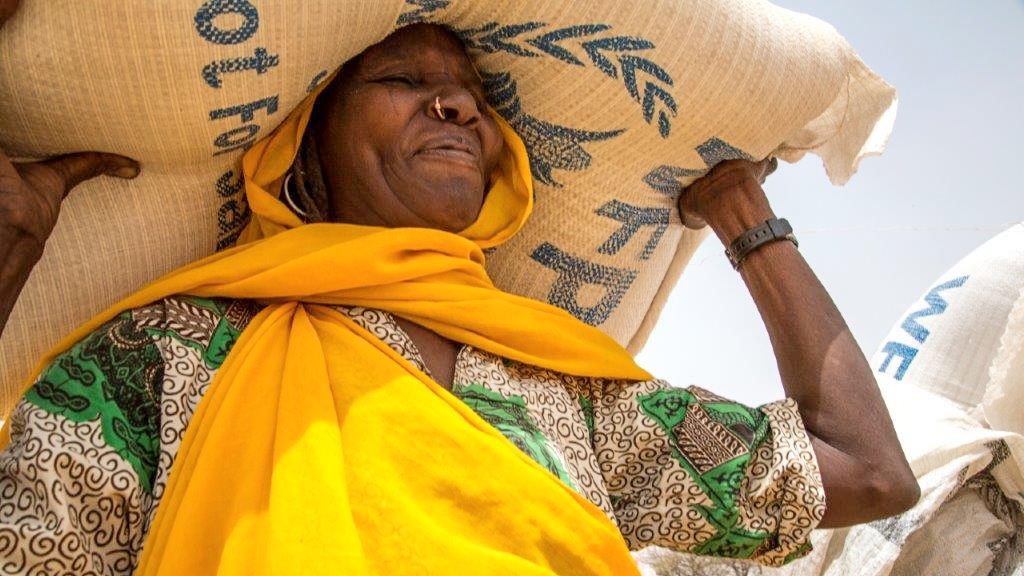An earthquake in September exposed societal marginalisation, a rigid power structure undermined by the king’s absence, and a lack of transparency between officials and citizens, writes Hafssa Fakher Elabiari.
On 8 September 2023, a 6.8-magnitude earthquake hit Morocco’s High Atlas region. The disaster killed nearly 3,000 people and displaced thousands more.
Authorities were slow to react, and the pictures of corpses wrapped in blankets instead of body bags, collective graves, and distraught survivors shocked foreigners and Moroccans alike.
Morocco needs to reflect on the lessons from the earthquake response and acknowledge the mistakes that were made to avoid the same thing happening again.
Marginalisation is costly
The High Atlas region is part of the so-called ‘forgotten Morocco.’ The expression refers to parts of the country where social services such as hospitals, schools, paved roads, electricity, potable water and public transport are lacking or non-existent. The quake’s epicentre was also an epicentre of marginalisation, which makes any natural disaster more hazardous. Houses in the region were not built to seismic codes, often using mud brick and other rudimentary materials meant to resist adverse temperatures but not tremors.
The death toll has left behind many orphaned children and widowed women who are particularly vulnerable to exploitation. Girls and young women are especially exposed to the risk of early and/or forced marriage, and while older men can re-marry, widows face an uncertain future in a traditional society where they lack solid education and their husbands were the sole breadwinner.
Earthquakes are inevitable. However marginalisation in the High Atlas exacerbated the hazard’s impact, turning it into a large-scale disaster that will have ramifications for years to come.
Rigid power causes paralysis
The response to the earthquake demonstrated that power in Morocco remains highly centralised even amid events requiring swift action. The 2011 constitution brought in several reforms, yet the ruling elite continues to retain incredible powers.
When the quake struck, the King was in Paris, allegedly at his residence near the Eiffel Tower. It took nearly 19 hours for the monarch to land in Rabat and lead a meeting with top officials. In the meantime, neither the Interior Minister nor the Prime Minister addressed the country’s citizens.
The government’s paralysis, worrying and baffling to many, showed that only the King was able to make decisions. Official statements, condolence messages, helicopters, military trucks, and funds were all ready, but none could be mobilised without the King’s say-so.
Opacity is detrimental
What is clear is that opaque communication hampered Morocco’s quake response. In disaster management, information transparency is key when it comes to communicating about fatalities and domestic capabilities with the public, especially the affected communities. This is important because it creates a channel of accountability between the people and those in power. Despite that, opacity remained the signature of the regime’s modus operandi, resulting in a quake response shrouded in speculation and misinformation.
Rabat’s parsimonious acceptance of foreign help also raised questions about the government’s priorities. According to the government, accepting help before a needs assessment may be counterproductive, but the first 72 hours post-quake are critical because the survival rate is the highest. Testimonies from survivors in isolated villages indicated that help had still not arrived days after the quake.
The Kingdom only accepted help from four countries: Qatar, Spain, the United Kingdom, and the United Arab Emirates. The choice of Qatar and the UAE raised questions because geographical proximity usually determines which offers are accepted first, and those countries are remote. Accepting rescue teams from proximate countries helps increase the survivor ratio.
The government’s opaque attitude towards foreign help exacerbated the humanitarian aspect of disaster response. In extraordinary events, diplomatic frictions often loosen because the top priority is saving lives and preventing deaths. In Morocco, the post-quake hours saw the eruption of an anti-French campaign condemning anything French: language, politics, the President, and even the quake relief offer. The campaign alluded to several topics such as France’s colonial past and racism, shedding light on the Rabat-Paris saga that has been simmering for the past three years amid revelations about the Pegasus spyware scandal and the Élysée’s ambivalence over the Western Sahara.
Resilient societies can handle unexpected episodes. But Morocco is not one of them. The September quake has exposed the country’s dirty laundry, revealing a rigid and opaque power structure, and shedding light on a gulf between a developing Morocco and an ill Morocco where basic social services are a luxury. Fortunately, this condition is curable using a prescription of accountability, transparency, and justice if the patient consents to treatment.
Photo credit: Jon Lean used with permission CC BY-SA 2.0 DEED





